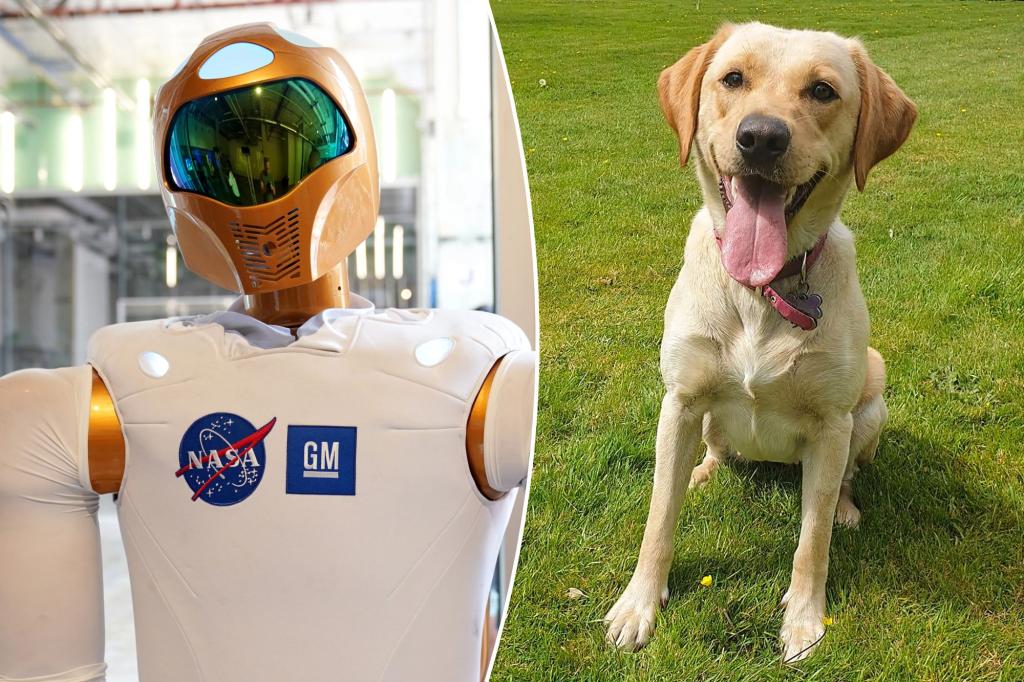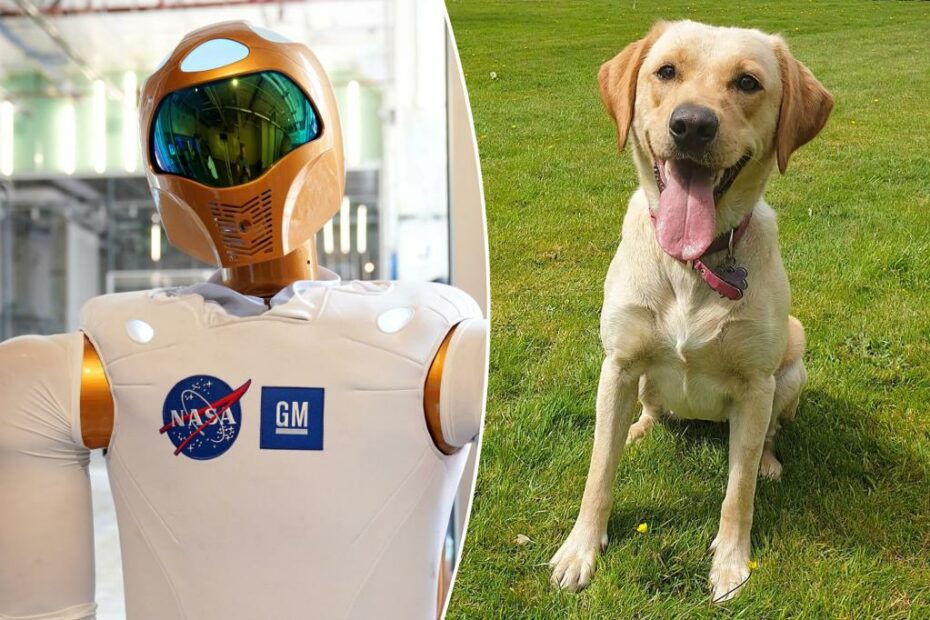Dogs are smarter than AI, scientist claims
AI’s Capabilities Fall Short, Experts Say: Not as Smart as a Dog
Artificial intelligence (AI) is not as advanced as many fearmongers would have you believe, according to experts. At the recent VivaTech conference, Yann LeCun, Meta’s chief AI scientist, emphasized that generative AI is still “very limited.” These systems lack a fundamental understanding of the real world and are solely trained on vast amounts of text data. In comparison, human learning encompasses more than just language and AI struggles to capture the essence of this broader experience.
LeCun went on to explain that while robots can excel in certain areas like medicine and business, they are unable to perform basic chores such as unloading a dishwasher. AI software, despite its progress, still faces significant limitations. In fact, it has yet to reach the intelligence level of a dog. Scientists are grappling with an inability to reproduce the capacity for learning found in animals, let alone humans.
This perspective contradicts the recent claims by Google DeepMind CEO Demis Hassabis, who believes AI could achieve “human-level cognitive abilities” within the next ten years. Just days before Hassabis’ statement, Geoffrey Hinton, a prominent figure in AI, left his position at Google to express concerns and regrets about the technology’s development. As fears about job security and safety continue to pervade various industries, experts acknowledge that reproducing human or animal-level intelligence with AI remains a challenge.
Sam Altman, CEO of OpenAI, has also voiced concerns about the potential threats posed by AI. OpenAI’s intelligent chatbot software, ChatGPT, has been associated with cheating by students and labeled as the “atom bomb” by Warren Buffett. However, as users experiment with the chatbot, they are finding it falls short of expectations. While ChatGPT may be entertaining, it struggles to produce quality work. Showrunners for the popular Netflix series “Black Mirror” found that the chatbot’s script was subpar, as it simply combined synopses of previous episodes without any original thought.
While AI has shown success in passing exams, its inability to learn physical tasks highlights its current limitations. As experts work towards overcoming these challenges, the narrative surrounding AI’s capabilities needs to be more balanced and grounded in reality.
—
FAQs:
Q: How advanced is AI currently?
A: According to experts, AI, particularly generative AI, is still very limited in its capabilities. It lacks a comprehensive understanding of the real world and is primarily trained on text data.
Q: Can AI perform basic chores?
A: No, AI is currently unable to learn basic physical tasks such as unloading a dishwasher. Despite progress in certain domains, its limitations persist.
Q: Can AI reach the intelligence level of a dog?
A: Experts believe that AI falls short even of matching the intelligence level of a dog. Reproducing the learning capabilities of animals, let alone humans, remains a significant challenge.
Q: Will AI achieve human-level cognitive abilities soon?
A: While some remain optimistic about the future of AI, experts who understand its limitations are skeptical. Reproducing human-level intelligence with AI is a complex task that still eludes scientists.
Q: What concerns have been raised about AI?
A: Concerns about job security, safety, and the potential misuse of AI have been voiced by experts. AI’s potential threats and limitations are being discussed and scrutinized by professionals across various industries.

Scientist Claims that Dogs Exhibit Higher Intelligence than AI
AI’s limitations are coming to light as experts reveal it lacks the basic intelligence of a dog. At the VivaTech conference, Yann LeCun, Meta’s chief AI scientist, stated that generative AI is “still very limited” and lacks understanding of the real world. While robots can excel in certain areas, such as medical and business exams, they struggle with basic chores like unloading a dishwasher. This highlights a major gap between human and AI capabilities that experts are currently unable to bridge. Demis Hassabis, CEO of Google DeepMind, believes AI could achieve human-level cognitive abilities in the next decade, but LeCun’s remarks suggest otherwise.
Fears over AI’s development and its potential threats have also been voiced by industry leaders. Geoffrey Hinton, known as the Godfather of AI, recently left his position at Google due to concerns and regrets about the technology’s progress. Similarly, OpenAI’s CEO, Sam Altman, has been vocal about the risks posed by AI, especially after the creation of the intelligent chatbot software, ChatGPT, which has been used for cheating by students. However, as users experiment with the chatbot, they’re realizing its limitations. Despite being able to pass exams, ChatGPT struggles to produce quality work, as demonstrated by its failure to write a satisfactory script for the popular Netflix series “Black Mirror.”
The discrepancy between the hype surrounding AI and its actual capabilities raises questions about its true potential. While advancements have been made, experts concede that replicating human-level intelligence or even the intelligence of a dog or cat remains elusive. As the conversation around AI continues, it becomes increasingly clear that there is still much to discover and develop in order to unlock its full impact and potential.
